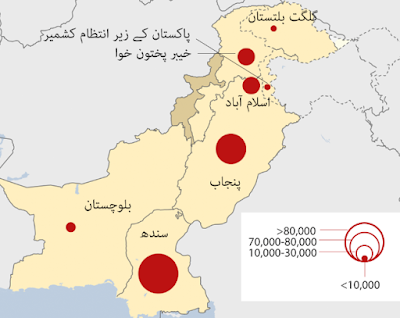Protect the Environment, save the Earth. Take part!
Small changes can make a big difference in the end. Especially when a lot of people participate. We have put together simple tips for you on how to make your everyday life more environmentally friendly and sustainable.
1-NUTRITION
FOOD IS NOT IN THE WASTE.
Shop proactively and ensure good storage. Many foods can also be eaten long after the expiration date.
MORE VEGETABLES, LESS MEAT.
Meat and dairy products cause approximately ⅔ of food-related greenhouse gas emissions. You should therefore often give preference to vegetables, fruit and cereal products.
LOOK AT THE SEAL.
Opt for regional organic food, because organic farming is more resource-efficient and environmentally friendly than conventional farming. Give preference to local organic meat and fish. For fish or seafood from other countries, organic as well as MSC and ASC seals stand for responsible origin.
2-WASTE
PLASTIC ADE!
The WWF recommends: reusable instead of one-way! e.g. a reusable drinking bottle instead of packaged drinks and a reusable carrier bag instead of disposable bags. This saves packaging waste and resources.
A LIFE AFTER.
Organic waste, aluminum cans, waste glass, plastics and waste paper are still properly separated as valuable raw materials. For objects that are no longer needed, consider whether someone else is still using them, e.g. Clothing or furniture.
REPAIR INSTEAD OF DISPOSING.
Production, transport and disposal consume energy and produce greenhouse gases. Therefore, invest in long-lasting products and consider whether a repair is possible before disposal and new purchase
3-MOBILITY
REDUCE EVERYDAY POWER CONSUMPTION.
Use LED lamps and electrical devices with the highest energy efficiency class and do without standby mode. When cooking, the following applies: cover the pan, heat the water with the kettle and, if possible, use a stove instead of an oven.
ECOSTROM INSTEAD OF COAL AND ATOMIC ENERGY.
Green electricity comes from 100% renewable energy sources such as sun, wind, water or biomass and thus protects the climate.
LIVING ENERGY EFFICIENTLY.
Impact ventilation ensures air exchange with the least heat loss in winter. In summer, external blinds keep the living rooms cool even without energy-intensive air conditioning. Before moving: Pay attention to the energy certificate of the new property and use the energy advice.
4-TO TRAVEL
GOODNESS IS NEARBY.
The closer to the holiday destination, the lower energy consumption and emissions for the journey. Austria and our neighboring countries also have many exciting and worth seeing places.
STAY ON THE GROUND.
Air travel within Europe can very often be replaced by more ecological train journeys. The journey by train is also free of traffic jams and comfortable.
COLLECT SUSTAINABLE IMPRESSIONS.
Prefer accommodations with environmental awareness and eco-labels. Ask about exotic travel destinations: Do the locals benefit from tourism?
5-CONSUMPTION
MAKE SMART.
When buying new devices for your household, we recommend that you look for the most energy-efficient devices, such as TVs, coffee machines, and much more. close. This saves money and protects the environment.
PAPER & WOOD PRODUCTS.
If possible, use recycled products. In addition, when purchasing paper and wood products, pay attention to the FSC seal of approval. It is used to identify wood and paper products that come from forests that are managed according to special ecological and social criteria. Critics accuse the FSC seal of not being perfect. And unfortunately it is not. But the FSC seal is the most demanding that we can currently find internationally.
USE RATHER THAN OWN.
Whether it's a drill, grill or car - you don't have to own everything you use. Today, the Internet makes it easier than ever to borrow, exchange or pass on things. This saves money & space and saves resources at the same time!







Comments
Post a Comment